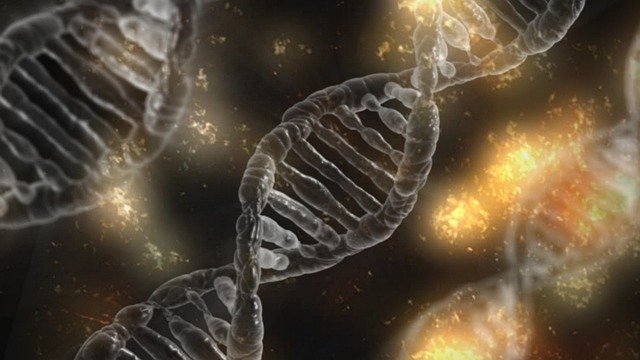Diagnostics in broad medical terminology refers to a process where physicians and medical practitioners leverage a series of systems to identify and proffer solutions to a wide range of illnesses within a primary healthcare and hospice setting.
Molecular diagnostics, on the other hand, approaches diagnosis at a higher molecular level. This is achieved by using nucleic acid techniques to study the ailing individual’s DNA, and conclusions are made based on findings. A molecular diagnostic is a requirement for a host of illnesses, prognostic investigations, and treatment procedures. All of these approaches to diagnosis are premised primarily on the genetic make-up of the individual in question.
Because it is a deep-rooted approach to medical investigation and diagnosis, test results from a molecular diagnostic laboratory are mostly used by a medical examiner, and physician in close relation to the patient’s already prevailing symptoms. Upon close examination, both molecular diagnostic test results and clinical signs are put side by side, and inferences are drawn.
This consequently helps the physician to have a greater insight into disease pathology and etiology. At which point a proper prognosis is made, and a comprehensive treatment procedure commences. Molecular diagnostics is categorized as one of many advanced medical technologies, an innovation that is hinged on speed and efficiency.
Regulations On Molecular Diagnostics
Most time, advanced medical technologies borne from extensive research are not readily accepted in mainstream diagnostic and hospice procedures. There is a demand that such an innovation should be beyond convincing. That is, it must exhibit clinical applicability, and in the same vein, comply with strict regulations and best practices when it comes to quality and reproducibility. It must also meet absolute specificity and sensitivity standards for it to be given a go.
Although the field of molecular diagnostics has been around for more than fifty years, it still has not found full mainstream acceptance in pathological diagnostics and research. It is true that clinical genetics is now almost based entirely on a molecular level; conventional means of morphological and chemical analysis are still highly prevalent in many fields.
Techniques In Molecular Diagnostics
Molecular Diagnostics can be carried out using different techniques. The most common of them are listed as follows:
- Fluorescent in-situ Hybridization (FISH)
- DNA-chip Technology
- Mass Spectrometry
- Nucleic Acid Amplification Tests (NAATs)
One of the most popular and dynamic molecular diagnostics systems used in medical establishments is the BD MAX™️ System, known for its near 100% accuracy.
Application of Molecular Diagnostics
Molecular Diagnostics has a wide range of applications in medicine. These include:
Disease risk management:
An individual’s genome may consist of a random or inherited mutation that can increase his or her chances of getting a kind of disease later on in the future. Early detection can be made with the proper molecular diagnostics, and the appropriate prevention and risk management can be made.
Cancer Detection:
Because of cancer development at the cellular level, it makes it relatively easy to detect it at the very early stages using molecular diagnostics.
Infectious Diseases:
Many infectious diseases can be detected using molecular diagnostics.
Prenatal Care:
Molecular diagnostics is a great way of rectifying chromosomal abnormalities like Down Syndrome in a fetus early on during pregnancy.
Conclusion
Molecular Diagnostics is fast becoming an alternate choice for many physicians in the field of clinical genetics. It is a fast, reliable way of diagnosing ailments free of human error. As this medical technology continues to permeate the field of social pathology, it is believed it would soon become the best choice for all manner of diagnostic tests and clinical examinations.










